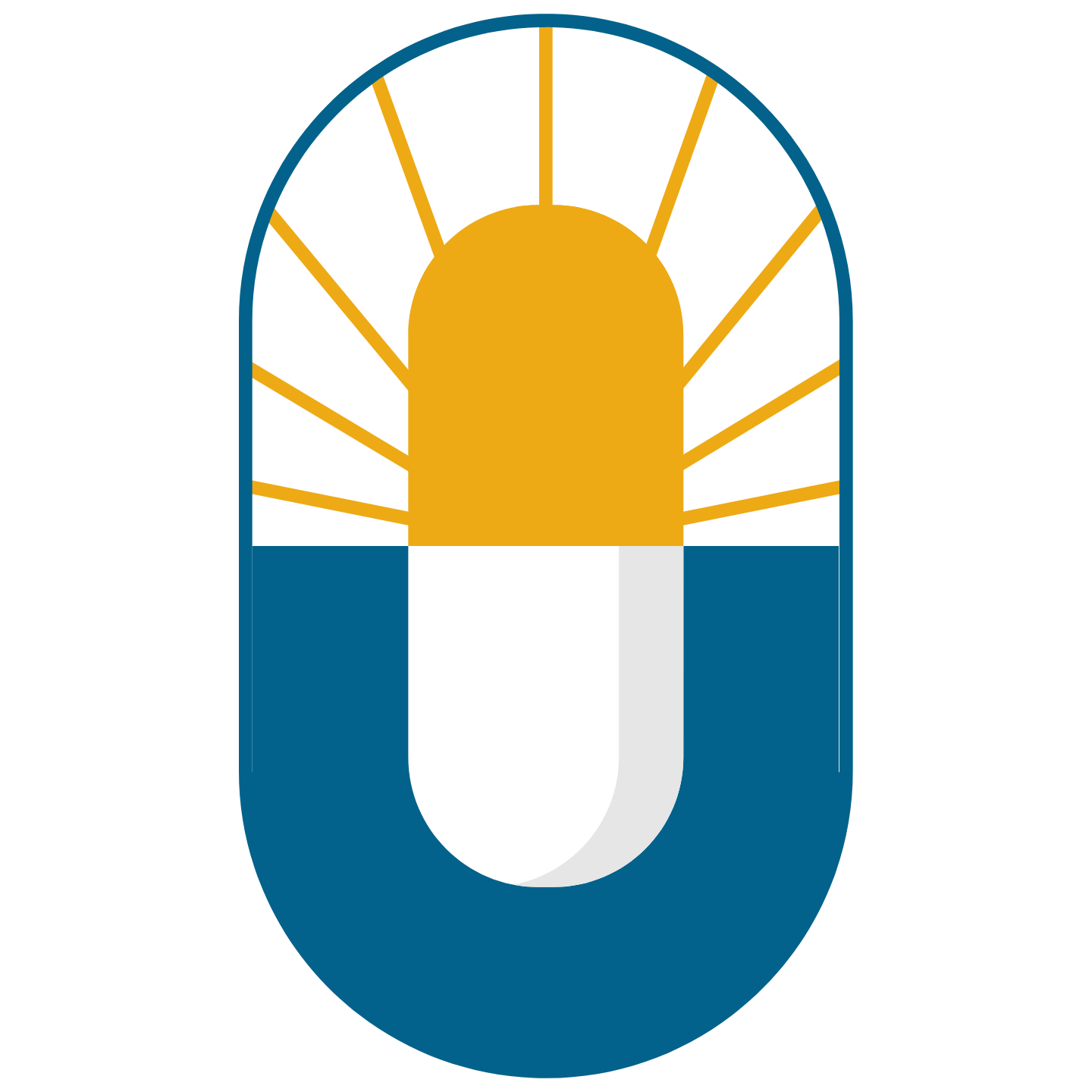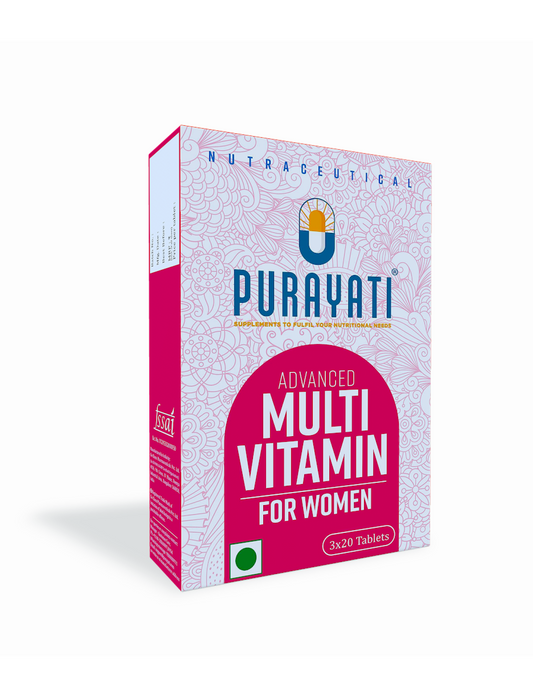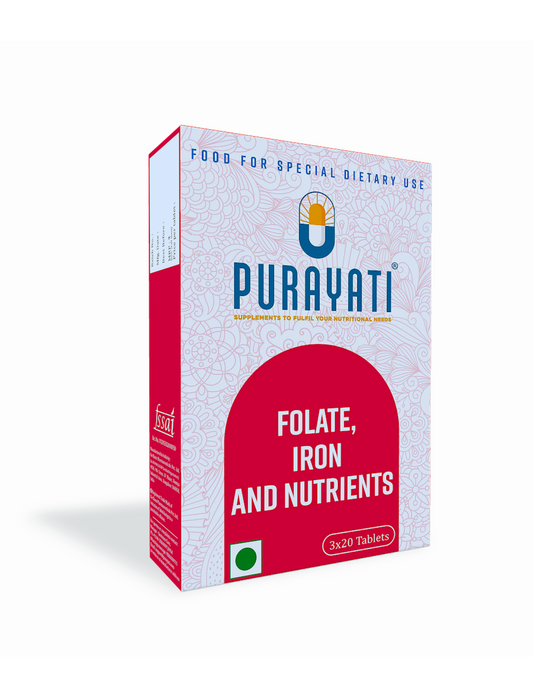Water Soluble Vitamins and their importance for human body
Vitamins are essential nutrients for our body that are required only in small quantities. They are categorized on the basis of their solubility. According to this categorization, there are two types of vitamin:
- Water-soluble vitamins
- Fat-soluble vitamins
Those vitamins which can get dissolved in water are called water-soluble vitamins while the vitamins that are dissolved only in oil (liquid fats) are called fat-soluble vitamins. Some of the vitamins are not produced in the human body at all, while others are produced only in little amounts. Hence, they should be taken in diet. Here is a full guide on the facts about water soluble vitamins.
What are the various water soluble vitamins?
Here is a list of water soluble vitamins:
- Vitamin B1 (thiamine)
- Vitamin B2 (riboflavin)
- Vitamin B3 (niacin)
- Vitamin B5 (pantothenic acid)
- Vitamin B6 (Pyridoxine)
- Vitamin B7 (Biotin)
- Vitamin B9 (Folic acid)
- Vitamin B12 (cobalamin)
- Vitamin C
Usually, these vitamins cannot be stored in the body. Hence, they should be consumed in the diet on a regular basis.
Vitamin B1 (thiamine)
Vitamin B1 is one of the most useful and healthy vitamins among other examples of water soluble vitamins. It was the first discovered Vitamin B, hence scientists named it Vitamin B1. It is also known as thiamine. It can be commonly found in various foods, multivitamins, and supplements.
Just like other water-soluble vitamins, thiamine plays a number of roles in the human body. Most importantly, it helps the body in using carbohydrates for energy. After glucose metabolism, thiamine is required to make ATP molecules. These molecules are energy transporters within human cells. Apart from this, thiamine has other benefits like:
- Vitamin B1 helps in the prevention of medical conditions such as beriberi, heart and nerve problems, etc.
- It is given in the form of an injection to people who are suffering from appetite loss, persistent diarrhea, and ulcerative colitis.
- It can improve the performance of athletes.
Thiamin is available in ample amounts in many natural foods. The most common thiamine food sources are:
- Outer layers and germ of cereals
- Yeast
- Beef and pork
- Nuts
- Whole grains and pulses
- Eggs
- Oranges, Potatoes and Cauliflower
As it happens to the most of fat soluble and water soluble vitamins, heating the food can destroy Vitamin B1. Thiamine deficiency leads to a disease called beriberi. If you can take thiamine in your diet for some reason, it is also available in the form of thiamine supplement tablets. These vitamin tablets contain vitamin B1 along with other water-soluble vitamins. As of now, there are no known thiamine side effects to the scientists.
Vitamin B2 (riboflavin)
Water soluble vitamins functions in our body for getting energy, building components, and maintaining health. Vitamin B2 is also another such water-soluble vitamin that works for our body. This vitamin is also called riboflavin. For various riboflavin uses, it is considered as one of the most essential vitamins for the body.
The most common sources of water soluble vitamins are natural foods. Here is a list of riboflavin food sources :
- Asparagus
- Fish, meat, and poultry
- Dairy products
- Eggs
- Avocados
- Fortified cereals
- Mushrooms
- Nuts
- Sweet potatoes
- Parsley
- Pumpkins
Just like other water-soluble vitamins, riboflavin also gets destroyed in food while frying or boiling. Try to only steam or microwave instead of boiling the foods that contain water-soluble vitamins.
The main riboflavin function is to break down the food and absorb nutrients. Apart from it, it has other health benefits like:
- Maintaining eyes, nerves, skin, and muscles healthy
- Maintaining the health of the liver and mucous membrane of the digestive system
- Absorbing iron, vitamin B2, B3 and B6
- Prevention from cataracts and migraine headache
When you consume a poor diet, there is a risk of Vitamin B2 deficiency. Its deficiency can lead to cracked lips, mouth ulcers, red and cracked lips, sore throat, eyes become sensitive to bright light, etc. For the prevention of vitamin B2 deficiency, you can take supplement tablets. Vitamin B2 supplements are easily available in the market along with other vitamins and minerals.
Vitamin B3 (niacin)
Vitamin B3 or niacin is one of the nine water-soluble vitamins. It has other names like nicotinamide, nicotinic acid, and vitamin PP. Just like other water-soluble vitamins, there are various functions and health benefits of niacin.
The most important niacin function is converting the nutrition from food into usable energy. Here is a list of all the niacin uses:
- Niacin aids in keeping the nervous system, skin, and hair healthy.
- It facilitates the use of fats and proteins.
- It lowers the level of cholesterol and acts as an anti-inflammatory agent.
Niacin can be obtained from natural foods. Here is a list of niacin rich foods:
- Legumes
- Seeds
- Nuts
- Soy Products
- Fish
- Beef
- Chicken
The amount of niacin you get from natural foods is healthy but when over-consumed, you can experience the following niacin side effects:
- Nausea and vomiting
- Constipation
- Dizziness
- Headache
- Itchy Skin
- Eye problems
- Gastrointestinal problems
- Liver damage
- Low blood pressure
However, this doesn’t mean that there always a risk of niacin overdosage. Many people actually suffer from its deficiency. Undernutrition and taking a diet that is low in tryptophans, vitamin B2, and vitamin B6 can lead to a deficiency of niacin. Niacin deficiency causes the following problems in body:
- Headache
- Depression
- Hallucinations
- Memory loss
- Vomiting
- Constipation or diarrhea
- Fatigue
- Rough or pigmented skin
You can take supplements to prevent yourself from water soluble vitamins deficiency. The supplements are mostly available in the form of tablets and contain many vitamins and minerals other than niacin.
Vitamin B5 (pantothenic acid)
Vitamin B5 is a common nutrient that comes under the category of B group of water-soluble vitamins.
Vitamin B5 is also known as pantothenic acid. The main vitamin B5 function is to break down carbohydrates and fats. Apart from that, it helps in the following:
- Vitamin B5 promotes eye, liver, and skin health.
- It is needed in the metabolization of fats, proteins, and coenzyme A.
- It helps in the formation of sex-related hormones, stress-related hormones, and red blood cells.
This vitamin is not commonly known as other water-soluble vitamins because its deficiency is rarely found. However, if not consumed in enough amount, the deficiency of vitamin b5 causes the following:
- Fatigue and apathy
- Irritability
- Various sleep disorders
- Stomach ache
- Hypoglycemia
- Depression
- Nausea and vomiting
- Muscular cramps
- Numbness
- Burning feet
To avoid its deficiency, you can consume the following vitamin B5 rich foods:
- Meat such as pork, chicken, beefs and turkey duck
- Fishes such as shellfish, lobster, and salmon
- Cereals and whole grain bread
- Yogurt, cream, and other milk products
- Soybeans, split peas, and lentils
- Tomatoes, cauliflower, corn, and sweet potatoes
When it comes to nutrition, water soluble vitamins are essential for our body. Hence, one should take Vitamin B5 in supplements if it is not already consumed in natural foods. The supplements are easily available in the market that contains pantothenic acid along with other vitamins and minerals.
Vitamin B6 (Pyridoxine)
Water soluble vitamins include eight B vitamins, including vitamin B6. This vitamin is also called pyridoxine. The commonly found pyridoxine food sources are the following:
- Chickpeas
- Beef liver
- Yellowfin tuna
- Chicken breast
- Potatoes
- Tofu
- Nuts
- Cereals
- Salmon
- Watermelon
But sometimes, our diet does not contain pyridoxine and that causes its deficiency. Apart from a poor diet, alcoholism can also cause its deficiency. The main symptoms of pyridoxine deficiency are:
- Anemia
- Confusion
- Depression
- Pain and numbness in the hands and feet
- Weakening of the immune system
- Seborrheic dermatitis
- Seizures
The main function of vitamin B6 is maintaining the health of the central nervous. Apart from that, there are various health benefits and uses of pyridoxine. Here is a list of the most important pyridoxine tablet uses:
- It helps in the creation of blood cells and their health maintenance.
- It helps in the creations of neurotransmitters like dopamine and serotonin.
- It helps in metabolism and turning nutrition got through food into energy.
- It can also decrease the chances of developing Alzheimer's disease.
- It is used is treating nausea during pregnancy.
- It can reduce the risk of heart diseases and the clog of arteries.
If you are not getting enough vitamin B6 in your diet, you can take pyridoxine vitamin tablets. The tablets are easily available and safe to use.
Usually, there are no pyridoxine side effects. However, you consume it in large amounts for a long period, it can cause nausea, drowsiness, and headache. If you experience any side effects after consuming it, tell your doctor right away.
Vitamin B7 (Biotin)
Vitamin B7 is a water-soluble vitamin that helps in the metabolization of protein, fats, and carbohydrates. This vitamin is also called vitamin H and biotin. The main health benefits of biotin are as following:
- It helps in maintaining the health of the mother and child during pregnancy.
- It helps in maintaining the growth and health of hair, nails, and skin.
- It can lower the levels of glucose in the blood.
- It reduces nerve damage in people who are suffering from diabetes.
- It can help in the treatment of basal ganglia disease, multiple sclerosis, and other diseases.
Interestingly, biotin can not be produced in the human body. It can be produced by some bacteria and it is also found in various foods. Here is a list of biotin rich foods:
- Egg yolk
- Legumes such as beans, lentils, and peas
- Nuts and sunflower seeds
- Liver meat
- Sweet potatoes
- Mushrooms
- Bananas
- Broccoli
- Yeast
If you do not take enough biotin-rich foods, you can develop a deficiency of it. The main symptoms of biotin deficiency are:
- Alopecia or loss of hair
- Depression
- Hallucinations
- Seizures
- Lethargy
- Tingling and numbness in feet and hands
- Frequent bacteria and fungal infection
If you are not getting biotin naturally through food, you can take biotin supplements tablets. These biotin tablets can help you in growing hair, nail, and prevention from the deficiency of biotin. To prevent yourself from its deficiency, you should also consider quitting alcohol intake or reducing it to a minimal level.
Vitamin B9 (Folic acid)
Among other water-soluble vitamins, the one that is best for prenatal health is vitamin B9. Some other names of this vitamin are folic acid and folate. Folic acid is actually synthetically produced folate. The main function of this vitamin is to help in creating DNA, RNA, and other genetic material. Here is a list of other health benefits of folic acid:
- It helps in the creation and maintaining the health of red blood cells (RBCs).
- It helps in the prevention of a specific type of anemia called folate deficiency anemia.
- It aids the process of cell multiplication and growth.
- Folic acid also facilitates the production and repair of genetic materials.
Vitamin B9 is found in many naturally available foods. Here is a list of folic acid rich foods that are easily available at home:
- Dungeness crab
- Dry-roasted peanuts
- Beef liver
- Fresh orange and grapefruit
- Boiled spinach
- Asparagus
- Kidney beans
- Canned tomato juice
- Hard-boiled egg
- Brussels sprouts
- Mustard greens
- Green peas
If you fail to get a folic acid rich diet, you can develop its deficiency. Some common symptoms of folic acid deficiency are as follows:
- Neural tube irregularities like spina bifida and anencephaly
- Megaloblastic anemia
- Congenital irregularities during pregnancy
- Weakness
- Trouble concentrating
- Headache
- Heart palpitations
- Fatigue
- Shortness of breath
- Irritability
- Sores inside the mouth
If you are having a poor diet and do not want to develop a folic acid deficiency, start taking iron and folic acid tablets. These supplement tablets contain many water-soluble vitamins along with essential minerals. There are no known side effects of folic acid.
Vitamin B12 (cobalamin)
Water soluble vitamins include eight B vitamins and the last one among these B vitamins is Cobalamin or Vitamin B12. This vitamin has an irreplaceable role in maintaining brain health. The most important health benefits of cobalamin are as following:
- It is a necessary component for maintaining nerve tissue health and the functioning of the brain.
- It aids the production of RBCs.
- It helps in the creation and regulation of DNA and other genetic materials.
- It helps in the prevention of anemia.
- It plays a major role in fatty acids synthesis and energy production in the body.
- It facilitates the absorption of folic acid in the human body and releasing of energy.
The most easily found cobalamin food sources are as following:
- Meat
- Cheese
- Eggs
- Fish
- Milk
- A few fortified breakfast cereals.
People who take poor diets often develop a deficiency. Cobalamin deficiency can lead to the following symptoms:
- Depression
- Confusion
- Memory problems
- Fatigue
- Constipation
- Sudden weight loss
- Reflex problems
- Feeding difficulties.
- Loss of appetite
Even a slight reduction in the levels of vitamin B12 can cause damage to the brain and nervous system. A reduced level of cobalamin can increase the risk of developing dementia and mania.
If you do not eat non-vegetarian food or milk products, you might develop cobalamin deficiency. To prevent yourself from it, you can take vitamin B12 supplement tablets. These tablets are easily available in the market and do not have any side effects if taken cautiously.
Vitamin C
Vitamin C is one of the most famous nutrients of all time. Though people know about its benefits, less is known about its categorization and properties. People often ask, ‘is vitamin c water soluble?’ To answer that - yes, it is. Vitamin C is a water-soluble vitamin that is commonly known as L-ascorbic acid, L-ascorbate, and ascorbic acid.
The main function of the vitamin C is to maintain the health of bones, blood vessels, and skin. Some other important health benefits of this vitamin are:
- It helps in the production of some neurotransmitters, L-carnitine, and collagen.
- It facilitates the metabolization of proteins.
- Vitamin C has antioxidant properties that help in reducing the chances of cancer.
- It is the building material of fibrous tissues such as ligaments, tendons, cornea, skin, and bones.
Vitamin C is easily available in natural foods like fruits and vegetables. The richest source of vitamin C are the following foods:
- Citrus fruits like oranges
- Strawberries
- Brussels sprouts
- Blackcurrants
- broccoli
- Potatoes
- Peppers
If you do not take enough vitamin C in your diet, you can develop scurvy and other medical complications. A few symptoms of vitamin C deficiency are:
- Swollen joints
- Bleeding gums
- Loose teeth
- Tiredness
- Dry skin
- Splitting hair
- Bleeding from your gums.
- Nose bleeds.
- Late healing of wounds
There are many supplement tablets of vitamin C available in the market. The best vitamin c tablets are those that contain not only just vitamin C but also other essential nutrients.
By now, you must have known that almost every water-soluble vitamin is indispensable for your health. The deficiency of any vitamin can lead to a number of medical complications. To prevent yourself from that, you need to take a healthy diet. If you can not take a healthy diet because of your busy schedule and modern lifestyles, you can consider taking vitamin supplements. Purayati provides water-soluble vitamin supplements in the form of tablets that are easy and safe to consume.



